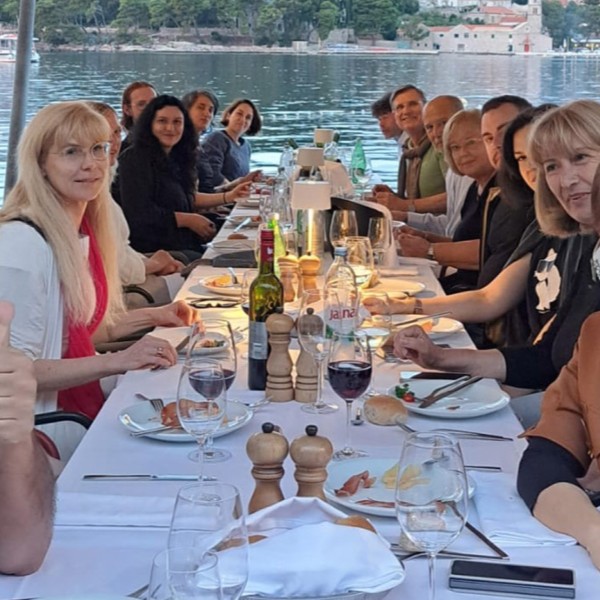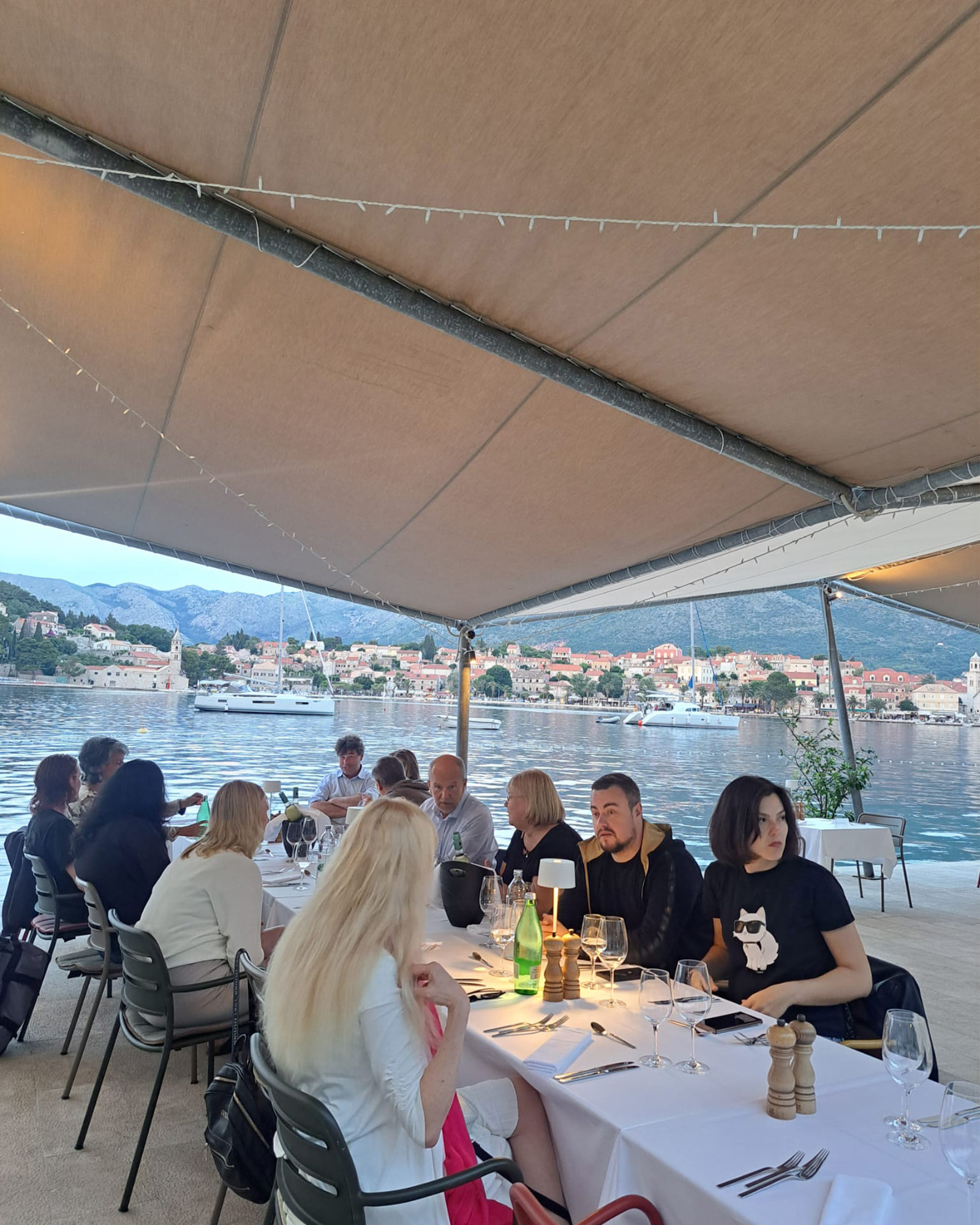
Aqua Synapse - Impact of Deuterium-poor Water on Health
ULusófona Professor Coordinates International Project on the Benefits of Deuterium-Poor Water
10.07.24 - 10h27


On the 27th and 28th of May, the Mid-Term Meeting of the Aqua Synapse project took place in Cavtat, Croatia. Aqua Synapse is a project funded by the European Research Executive Agency of the European Commission and coordinated by Professor Sergiy Lyubchyk from Lusófona University.
The main idea of the Aqua Synapse project is to establish the mechanistic basis of the positive health effects of low deuterium water. The isotope content of drinking water has shown potential implications in many diseases such as cancer - while high concentrations of deuterium can induce mitochondrial dysfunction and even lead to cell death, lower concentrations (low deuterium water), however, seem to have positive effects on human health and appear to represent a safe intervention with few or no side effects - but it remains unclear at which concentrations the positive metabolic and behavioral effects become apparent. The project aims to verify this hypothesis and develop mechanisms to measure the health benefits of low deuterium water.
During the meeting, the main progress of the project was presented by all Consortium teams responsible for their Work Packages (WP), including: deuterium metabolic spectroscopy and deuterium metabolic imaging (WP1); impact of deuterium on excitatory/inhibitory (E/I) balance in a human neuronal network model (WP2); evaluation of the effects of deuterium depletion in animal models of metabolic syndrome (WP3); evaluation of the impact of deuterium depletion in animal models of aging (WP4); production of low deuterium and control water samples, control of deuterium content in experimental tissue (WP5). Progress of the Lusófona University coordination team in project management was also discussed, particularly related to the project communication and dissemination plan and the data management plan (WP6).
All Consortium teams were represented at the meeting, either in person or online, namely: COFAC (Portugal), University of Oxford (England); University of Würzburg (Germany); João Lobo Antunes Institute of Molecular Medicine (Portugal); HYDLLC for Cancer Research and Drug Development (Hungary).
Other News
- Lecturer premieres film in national cinemas
- Study on the Need for Informal and Formal Caregivers in the City of Porto
- Welcome Session for Lecturers and Researchers – Lusófona University
- Researchers from Lusófona University receive FCT-CEEC Individual Funding
- TISSA 2025 Gathers Participants at Lusófona University










